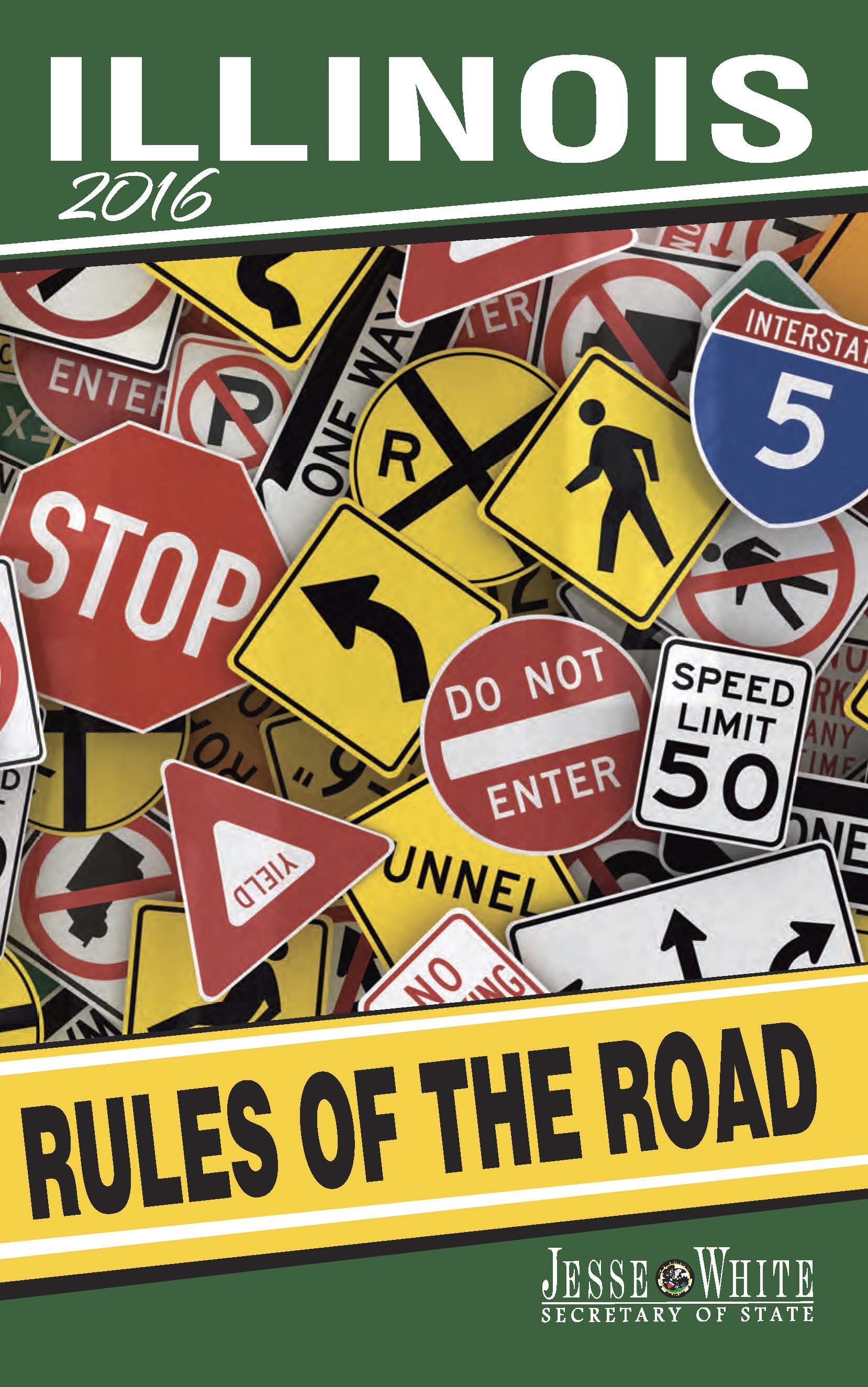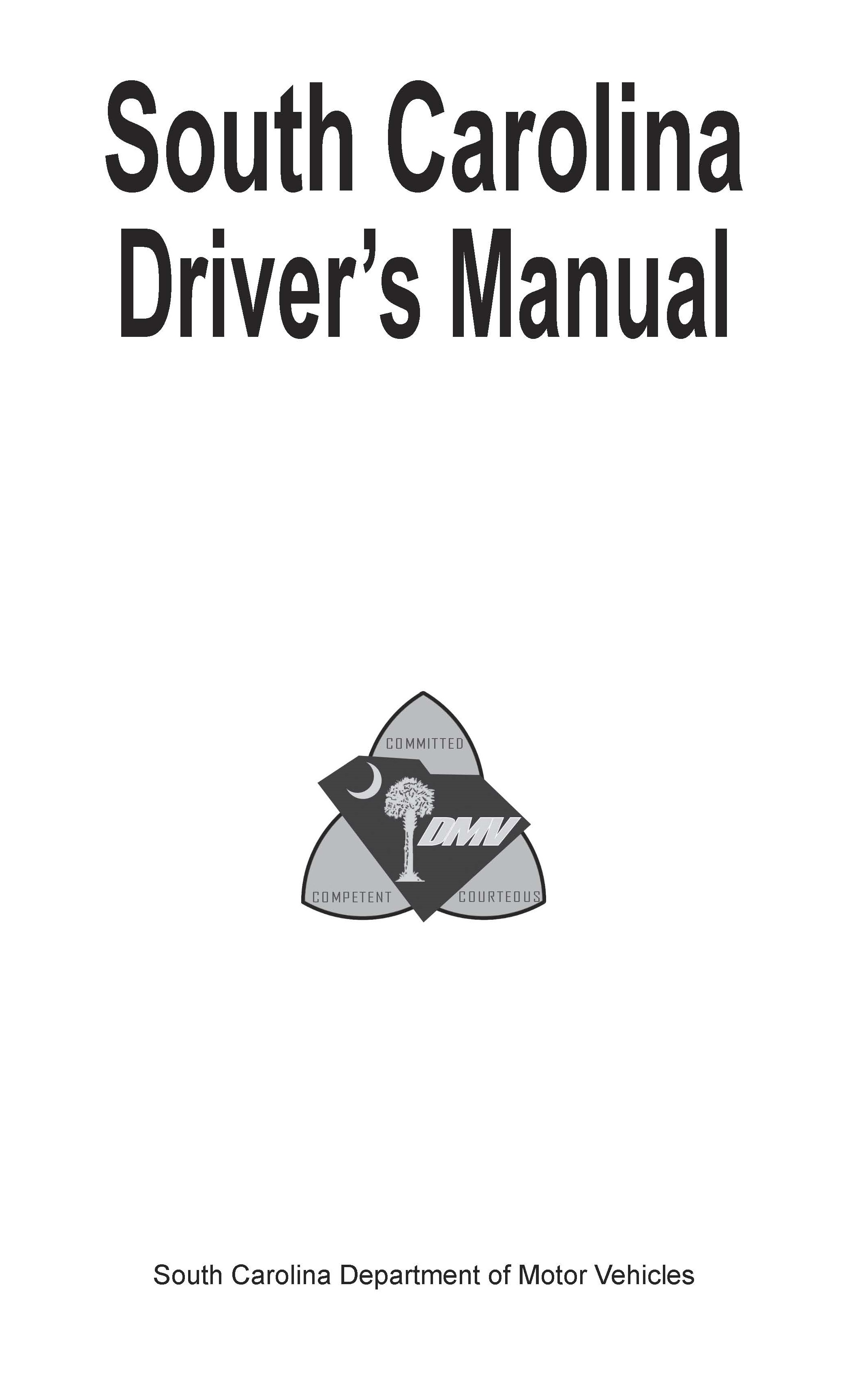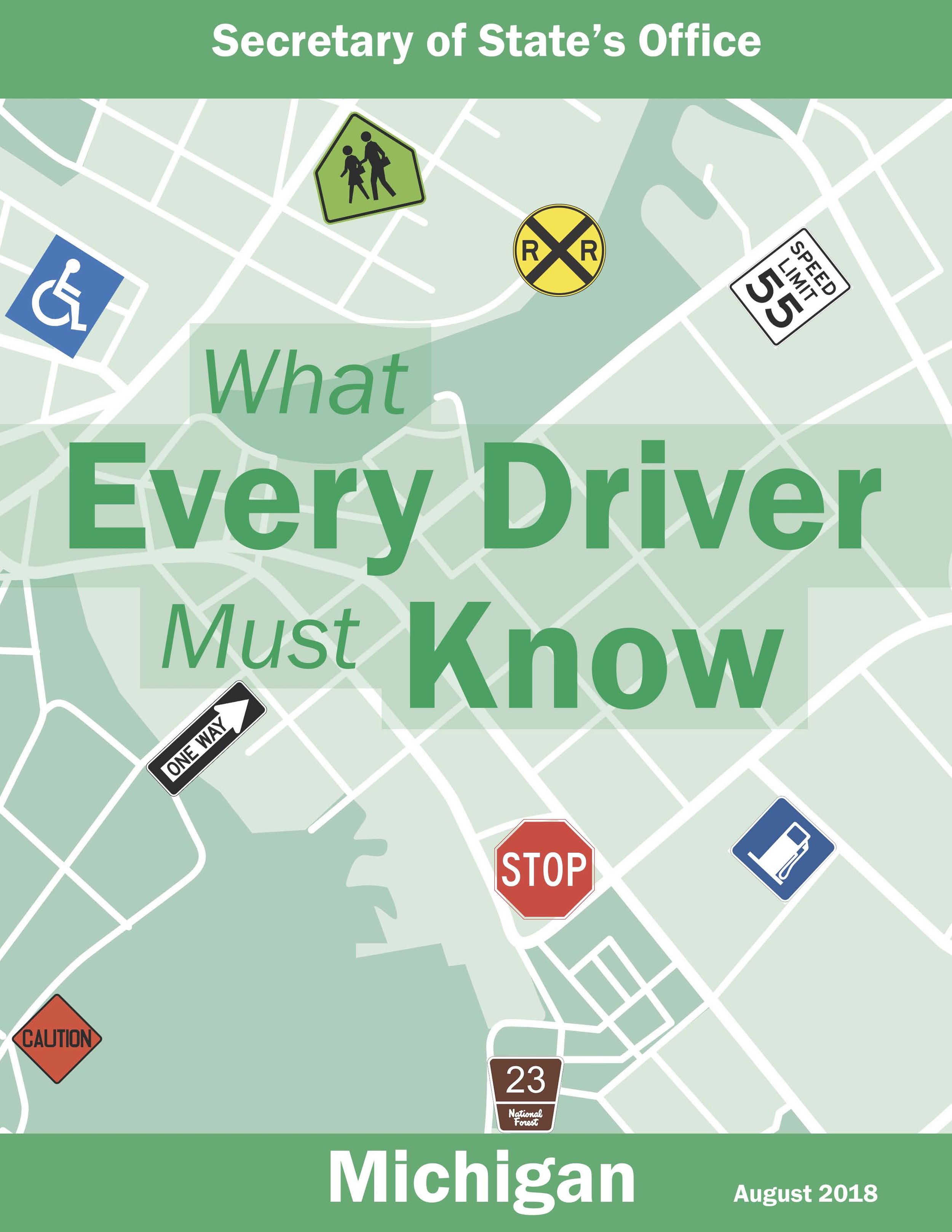Get your motor runnin'
Head out on the highway
Lookin' for adventure
And whatever comes our way
This lyric from the 1969 Steppenwolf song “Born to be Wild” captures the sense of freedom that a car can provide. This is nowhere more true than in the United States, a vast country with a massive system of roads and exceptionally reasonable gas prices.
Just how reasonable? At the time I am writing this in November 2018, one US gallon of gas cost an average of US$2.82 while the same amount of gas in Germany would have cost US$6.63.
The reason for that is that the average tax on a gallon of gasoline in the US is US$0.49 while the average tax on the same amount of gasoline in Germany would be US$6.14. If all these figures are correct (taken from generally reliable Internet sources), the German supply chain (producer, refiner and retailer) is only making US$0.49 per gallon while the US supply chain is currently making US$2.33 per gallon.
Combine that with the lack of public transportation in the US and we see why cars are so important to Americans. So what do we need to know?
Americans love their cars – and they had better because with the limited state of public transportation almost everywhere around the country, few people have a lifestyle which makes it possible to operate without a car. And families don’t ponder “if” but rather “how many” cars they will need.
For the expat coming to the US, there are several things you need to navigate in order to achieve your mobility.
If you become a resident in any US state, you are required to get a driver’s license if you plan to drive anywhere in the US. Your European driver’s license is fine while you are a visitor, not when you become a resident.
The state office you need to visit (probably first on the Internet and then in person) is the department of motor vehicles (known in some states by the abbreviation DMV). It is part of the office of the secretary of state.
Every state has its own procedure for what an international transferee must do. In some you must take a written test on the rules of the road. In others you must take a practical test where you actually drive a car under the watchful eye of someone who grades your performance. A rare few states will issue holders of German passports a license without either of these tests. From the Internet you can find out the rules in the state where you are residing and you should be able to download a booklet on the rules of the road, which you really should read carefully. No matter how experienced a driver you are, you are unlikely to pass the written test without having read the booklet. And even people who are not required to take a test will find that certain rules are different than back home.
Your driver’s license is valuable not only for driving. It serves in the US as an identity card. So most Americans carry it with them whether they are driving or not. There is no other government-issued identity card for Americans (other than their passport which does not contain residence information and is bulky to carry around all the time).
Once you have your driver’s license you can begin the search for car(s). There are three main sources for finding a car to buy:
Spread the word about what kind of car you are looking for around the office. Colleagues are unlikely to see unsafe cars to someone they will encounter frequently. (Remember, the US has no TÜV. Some states have emission tests, but these do not inspect any other parts of the car.)
Go to a used car dealer who offers a warranty (perhaps one year) on every used car he or she sells. Use can visit local dealerships or take advantage of the large selection available from national services like www.carmax.com.
Or perhaps you will see the car of your dreams listed in Craigslist, eBay or parked on the street with a “For Sale” sign in the window. When you consider buying from an individual you will never see again and without benefit of any warranty, I urge you to insist on the right to take the car to a mechanic of your choosing where it can be inspected. The fee you will pay to the mechanic will buy your peace of mind or save you from making a big mistake. And if you decide to proceed with purchase negotiations, the detailed report you will get about worn parts will be useful in your price negotiations.
6. But before you sign any papers, you will want to have an insurance company ready to cover you and your new purchase. And here I have some news you won’t be happy to hear. Your excellent driving record in your home country has earned you a special insurance rate. But that record usually does not transfer to the US. You will most likely pay as though you have never driven before.
Now let’s turn our attention to how we drive in America.
Expats headed for or already in the US need to know that the rules of the road are different in America. Here are some important ones:
Americans love their cars – and they had better because with the limited state of public transportation almost everywhere around the country, few people have a lifestyle which makes it possible to operate without a car. And families don’t ponder “if” but rather “how many” cars they will need.
For the expat coming to the US, there are several things you need to navigate in order to achieve your mobility.
1. If you become a resident in any US state, you are required to get a driver’s license if you plan to drive anywhere in the US. Your European driver’s license is fine while you are a visitor, not when you become a resident.
2. The state office you need to visit (probably first on the Internet and then in person) is the department of motor vehicles (known in some states by the abbreviation DMV). It is part of the office of the secretary of state.
3. Every state has its own procedure for what an international transferee must do. In some you must take a written test on the rules of the road. In others you must take a practical test where you actually drive a car under the watchful eye of someone who grades your performance. A rare few states will issue holders of German passports a license without either of these tests. From the Internet you can find out the rules in the state where you are residing and you should be able to download a booklet on the rules of the road, which you really should read carefully. No matter how experienced a driver you are, you are unlikely to pass the written test without having read the booklet. And even people who are not required to take a test will find that certain rules are different than back home.
4. Your driver’s license is valuable not only for driving. It serves in the US as an identity card. So most Americans carry theirs with them whether they are driving or not. There is no other government-issued identity card for Americans (other than their passport which does not contain residence information and is bulky to carry around all the time).
5. Once you have your driver’s license, you can begin the search for car(s). There are three main sources for finding a car to buy:
a. Spread the word around about what kind of car you are looking for around the office. Colleagues are unlikely to see unsafe cars to someone they will encounter frequently. (Remember, the US has no TÜV. Some states have emission tests, but these do not inspect any other parts of the car.)
b. Go to a used car dealer who offers a warranty (perhaps one year) on every used car he or she sells. Use can visit local dealerships or take advantage of the large selection available from national services like www.carmax.com.
c. Or perhaps you will see the car of your dreams listed in Craigslist, eBay or parked on the street with a “For Sale” sign in the window. When you consider buying from an individual you will never see again and without benefit of any warranty, I urge you to insist on the right to take the car to a mechanic of your choosing where it can be inspected. The fee you will pay to the mechanic will buy your peace of mind or save you from making a big mistake. And if you decide to proceed with purchase negotiations, the detailed report you will get about worn parts will be useful in your price negotiations.
6. But before you sign any papers, you will want to have an insurance company ready to cover you and your new purchase. And here I have some news you won’t be happy to hear. Your excellent driving record in your home country has earned you a special insurance rate. But that record usually does not transfer to the US. You will most likely pay as though you have never driven before.
Now let’s turn our attention to how we drive in America.
Unless otherwise indicated persons wishing to make a right turn when they have a red light, may proceed with caution after checking for cross-traffic without waiting for the light to turn green.
At all stop signs, the “first come, first served” rule applies regardless if you are intending to turn or not. When you have been waiting longer than any other car at a stop sign, it is your turn. Of course if the cross-traffic has no stop sign, they ALWAYS have the right of way.
If you are signaled by a marked police vehicle to pull over and stop, there are several important things to remember:
Remain in your vehicle unless the police officer directs you otherwise.
When you have found a safe place to stop:
Turn off your engine
If your headlights are on, reduce them to parking lights
Turn on the dome light in your vehicle
Lower the driver’s side window fully
Place your hands at the 10 o’clock and 2 o’clock positions on your steering wheel.
Wait for the police officer to approach and give you further instructions
3. If the police officer asks you whether you know what infraction you committed, be aware that admitting to anything will make it that much more difficult if you wish to dispute the charge in court.
4. You may be feeling stressed at this point. Do not behave in erratic ways as the office might think you have something more serious to hide like illegal substances in your vehicle. Stay calm and follow the officer’s reasonable instructions. The officer is likely to ask you for your license and will take it back to the police vehicle where it can be checked to see if there are other outstanding warrants.
5. When the officer returns, you may be given a summons or just a warning. All US states have systems similar to the German “Flensburg” points.
Cars and Bicycles
German cyclists are used to a reasonably high degree of respect from motorists. Unfortunately, there are far fewer cyclists on US streets and therefore motorists often forget to look far enough over their right shoulder before making a right turn to see a fast-moving bicycle. It is clear that the cyclist going straight through an intersection has the legal right-of-way over the motorist making a right turn. I urge cyclists to drive very defensively and be alert for non-observant motorists.
Motorists, enjoy driving in America. Slow down and relax. Don’t be surprised if you are passed from left and right.









